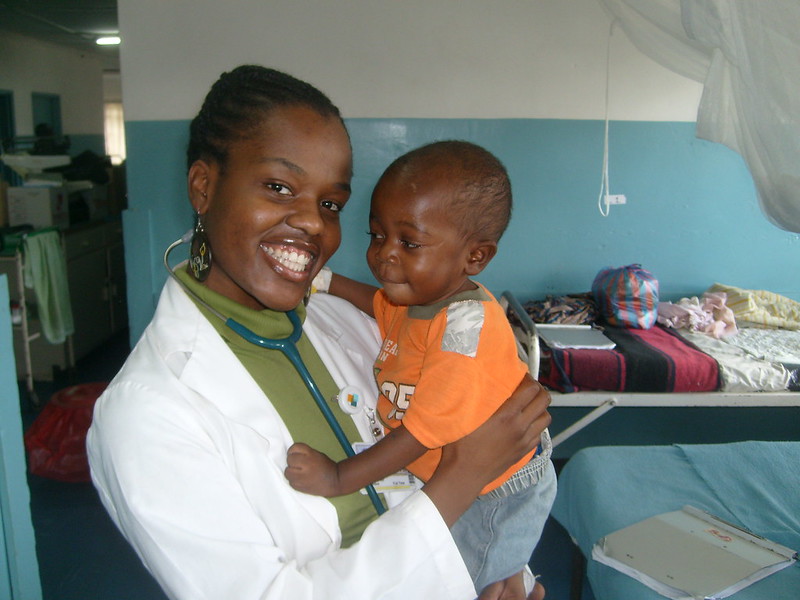Mental Health in Zambia: 5 Facts
 Poverty is widespread in Zambia, a country in southern Africa. It is estimated that 54.4% of the nation’s population lives below the poverty line. For this reason, alongside a lack of access to treatment, mental health in Zambia is of great concern to many nonprofits and individuals around the globe.
Poverty is widespread in Zambia, a country in southern Africa. It is estimated that 54.4% of the nation’s population lives below the poverty line. For this reason, alongside a lack of access to treatment, mental health in Zambia is of great concern to many nonprofits and individuals around the globe.
5 Facts About Mental Health in Zambia
- Lack of mental health professionals – According to the 2020 Mental Health Atlas composed by the World Health Organization (WHO), the country only had 760 mental health professionals in total, measuring just 4.26 professionals per 100,000 people in the population. This is compared to the fact that Zambia has a population of more than 20 million in 2022. The study also estimated that the country has just 10 psychiatrists, 15 psychologists and 425 mental health nurses for the entire country. Furthermore, the nation has just one psychiatric hospital, known as Chainama Hills Hospital. This facility is located in Zambia’s capital of Lusaka. These numbers are simply insufficient to treat mental health in Zambia.
- Stigma around mental health disorders – High levels of stigmatization against mental health disorders may make it less likely for people to seek treatment. Most patients in Chainama Hills Hospital do not have any contact with family or friends. Furthermore, many residents in the hospital are abandoned by their families. It is believed that much of this stigma is due to a lack of knowledge and understanding of mental illness. It is also believed that education plans and new policies on mental health would be able to deal with the issue of stigmatization as well as overall mental health in Zambia.
- Lack of resources to train mental health professionals – Along with Zambia’s lack of mental health professionals, the country has limited resources to train new ones. Zambia does not have any graduate programs in mental health. The only way to become a psychiatrist is to study abroad, and most students who go abroad do not return to Zambia. There are also no graduate programs for other mental health professions such as psychologists and social workers. In addition, of the 40 students who graduate from the country’s only medical school each year, about half go to work abroad, and an even smaller amount stay to specifically study in areas related to mental health.
- Only a select few mental disorders are treated – Almost all admissions to Zambia’s sole psychiatric hospital are for psychotic disorders, such as schizophrenia and bipolar disorder and for psychotic breaks. These disorders are almost exclusively treated by medication rather than talk therapy. Disorders such as depression and anxiety are rarely treated unless the patient displays psychotic traits.
- Nonprofits help to bridge the gap – As of 2022, there are many groups working to improve mental health in Zambia. One such group is StrongMinds. StrongMinds is a nonprofit working to treat depression on a large scale in Africa. The NGO offers free group talk therapy to women and children living in poverty in Zambia. It has treated an estimated 260,000 people, with 80% of patients being depression-free after six months of treatment. Another organization is Zambia Therapeutic Art (ZTA). The charity offers a course on therapeutic art to help treat mental illness in Zambia. As of 2020, it has trained 250 individuals in therapeutic art, who can then apply this type of therapy to those battling mental illness in Zambia.
Governmental Efforts
The country’s government has been working to implement new mental health resources. In 2019, the Mental Health Act was enacted with the goal of improving and upholding the rights and livelihoods of people living with mental illness. The act also calls for the establishment of a Mental Health Council in the country and to provide mental health treatment to those residing in prisons. In addition, The act repealed the 1949 Mental Disorders Act, which used outdated language to categorize those with mental disorders.
– Emma Glas
Photo: Flickr
